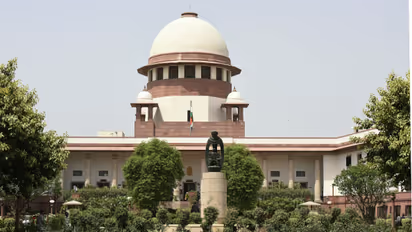
The Union government said on Wednesday that adultery be held as a punishable offence to safeguard the sanctity of marriage. Diluting Section 497 would negatively affect the matrimonial bond, it maintained.
The decision came after Joseph Shine, an Indian living in Italy, filed a PIL in the Supreme Court seeking to make men and women equally liable under Section 497 of the Indian Penal Code (IPC).
Opposing the plea meant the Centre would uphold the 157-year-old law which only considers men as the “abettor” of the crime.
Contesting this piece of the law, Shine said married women having sexual relation with someone else should also be liable and punished as she was not a victim.
Defining adultery, Section 497 says: “Adultery.—Whoever has sexual intercourse with a person who is and whom he knows or has reason to believe to be the wife of another man, without the consent or connivance of that man, such sexual intercourse not amounting to the offence of rape, is guilty of the offence of adultery…”
Further, the person “shall be punished with imprisonment of either description for a term which may extend to five years, or with fine, or with both. In such case the wife shall not be punishable as an abettor”.
Shine also challenged Section 198 of the Code of Criminal Procedure, which allows the aggrieved husband to file a complaint, but not the vise-versa. According to him, the validation of these sections can be dismissed as they violate Article 14 (Equality before law) Articles 14, 15 (Prohibition of discrimination on grounds of religion, race, caste, sex or place of birth) and 21 (Protection of life and personal liberty) guaranteed by the Constitution.
The apex court, referring to gender equity, gender sensitivity and societal transformation, invoked its 1954 judgement that argued that Section 497 does not violate fundamental rights.